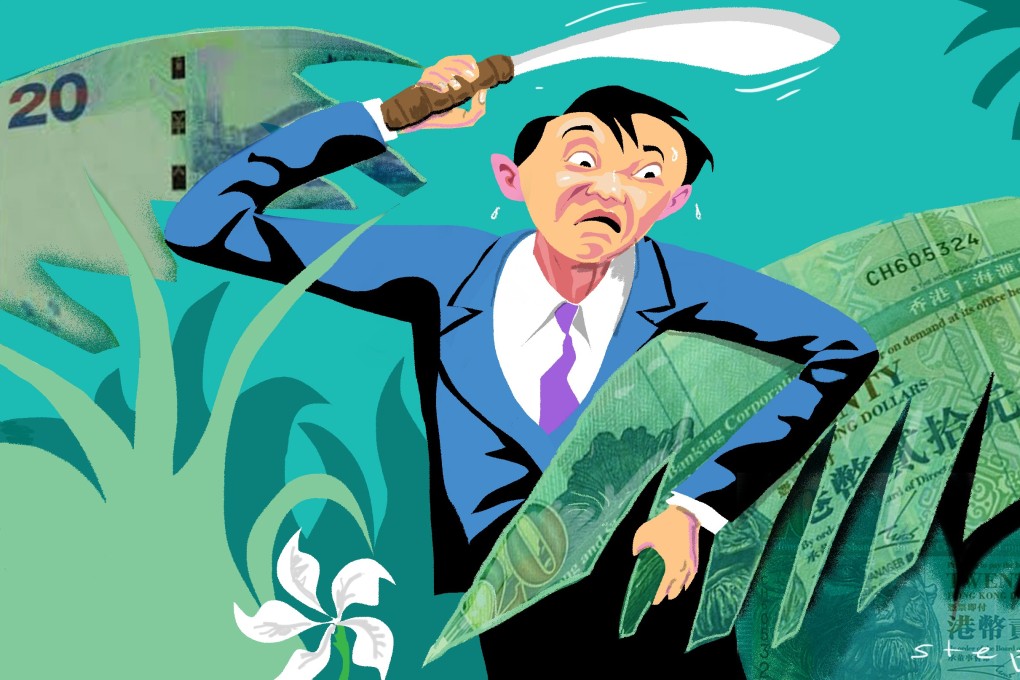Hong Kong needs radical social and economic reform. Let’s start with breaking up the property cartel
- Even if Carrie Lam were to quit as chief executive, the anger that led to the mass protests would not die down as long as the local economy is run by cartels, especially in the housing sector. Shock therapy is urgently needed

Hong Kong’s economy has long thrived on a formula of free competition, low taxes and a level playing field. During the economic miracle in the second half of the 20th century, there were few objections to this old style of capitalism, which, for all its injustices, delivered rapidly rising incomes to the general population.
But that was then, and now the situation is not the same. As its economy plateaus and Hong Kong as a whole becomes less competitive in global markets, we see the collateral damage caused by a system that put growth and the pursuit of profit above all else.
Hong Kong’s economy is dominated by cartels, with the provision of all sorts of services and goods subject to oligopolistic arrangements, the product of a capitalistic jungle where the strongest survive and eventually dominate.
